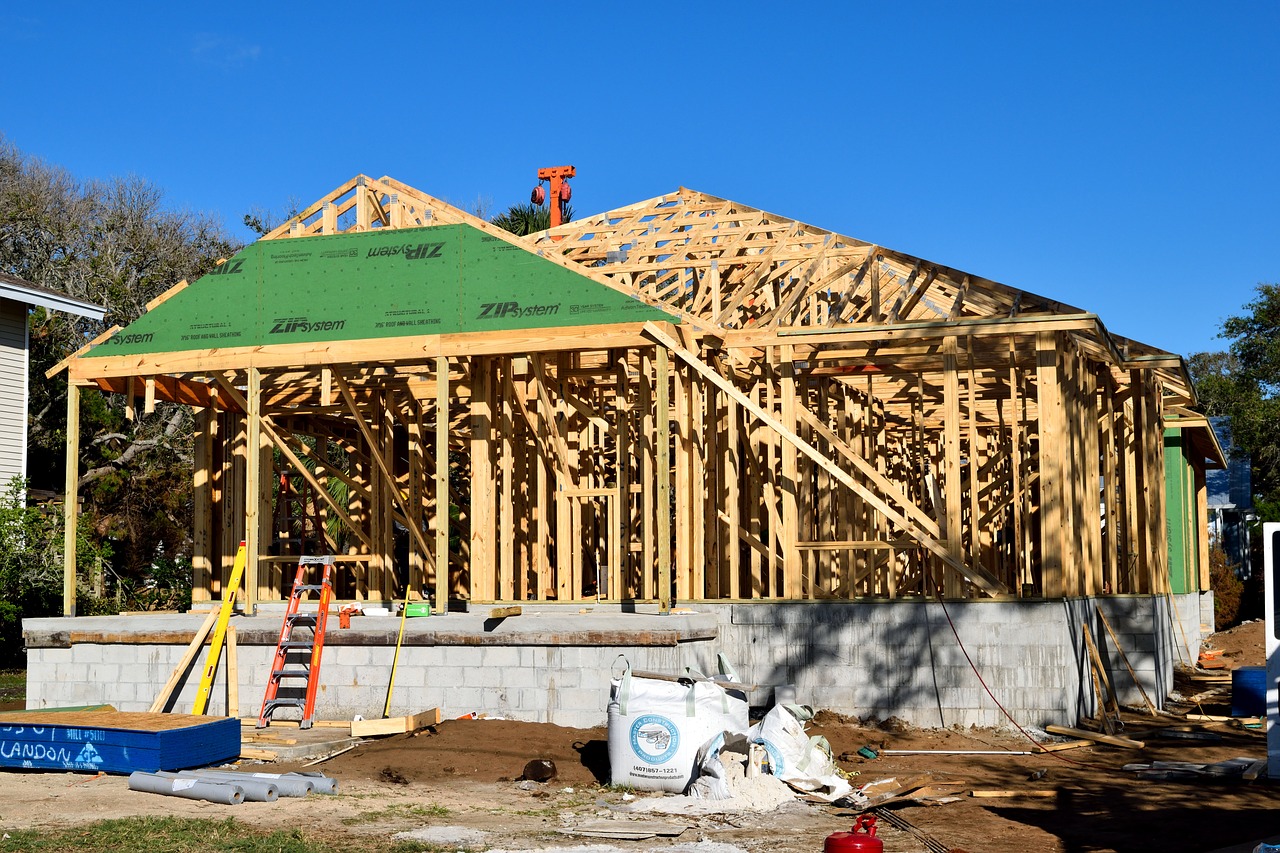Want to Learn More?
Drop us a line. We'd love to hear from you!
A Brief Guide to Florida Construction Lien Law

Construction is core to the heart and soul of Florida. The Sunshine State ranked fifth in the nation in terms of commercial real estate development in 2017, when construction spending totalled $9.26 billion, contributed $19.3 billion to GDP, and created 156,000 jobs.
Though development has slowed down over the previous year, construction remains a major industry in Florida. Much of this is thanks to Florida construction lien law.
Florida Construction Lien Law: Making Sense of Chaos
Construction projects are as complex as ecosystems.
A general contractor leads the project, hiring subcontractors for plumbing, electrical work, roofing, HVAC, etc. The direct contract between the general contractor and the owner is underpinned by a series of “downstream” subcontracts. These subcontracts are between the contractor and its subcontractors, and between subcontractors and sub-subcontractors and suppliers.
Invoicing is conducted on a monthly basis based on either costs incurred or on the percentage of the project completed. Each party sends its invoice its direct customer who then bills upstream to their customer.
Suppliers bill sub-subcontractors and contractors, subcontractors bill the general contractor, the general contractor bills the owner. The owner, meanwhile, may submit an invoice to a lender to obtain funding. Once the funding is secured, the payments go downstream: The owner pays the general contractor, who pays the subcontractors, who pays the subcontractors and so on.
It’s a remarkably cumbersome process, and it’s a wonder to think how well it works when project costs regularly exceed $100 million. To a large degree the reason this system doesn’t collapse is because of the existence of construction lien law.
Florida Construction Lien Law
Common law states that only parties to a contract can enforce it. So what are downstream parties to do if upstream parties fail to pay, or if money somehow gets lost along its downstream path?
What’s a supplier to do if their supplies have already been furnished, but the owner fails to pay the contractor who hired them? Or what if the owner or lender dispute the numbers being billed by the general contractor?
The answer is something called a construction lien, which gives an entity a vehicle to enforce its subcontract or purchase order directly against an owner even though they are not directly in contract with them. Essentially it allows a party to leapfrog intermediate contracts and assert a claim against an entity with no direct connection to them.
Uncover Relevant Risk Information with AADS
All American Document Services makes it easy to get an accurate picture of borrowers, identify any liens encumbering their assets, validate key data against public record databases, and achieve peace of mind!
Our turnaround time is 48-72 hours, but most searches are completed within 24 hours. We also fulfill priority and rush requests, and same-day document retrieval, filing and recording in some counties.
Check out our UCC Corporate Services or learn more about our AADS Advantage. If you’re ready to get started, Place Your Order today!
The materials on this website are for informational purposes only and not for the purpose of providing legal advice.
Leave a Reply
Recent Blogs
-

Why Choose AADS for Miami-Dade County Municipal Lien Searches?
Jan 08, 2020All American Document Services has become a leading provider of Miami-Dade County Municipal Lien Searches because we understand the unique laws and customs of the ...
READ MORE -

Why Switch to AADS for Florida Title and Lien Searches?
Dec 09, 2019Three good reasons: We treat you better, we can help you clear files faster, and we have an extended Black Friday sale on Florida Title ...
READ MORE -

Is Your Vendor Complying with the Florida HOA Estoppel Law?
Nov 25, 2019HOA estoppel certificates are an essential part of title commitment and of real estate due diligence. That’s why title companies and real estate attorneys in ...
READ MORE

